Xin J. Hunt
An AI-Augmented Lesion Detection Framework For Liver Metastases With Model Interpretability
Jul 17, 2019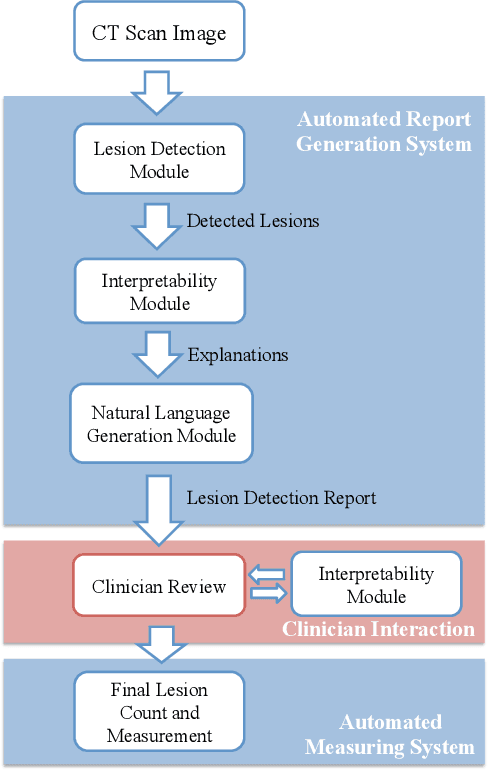
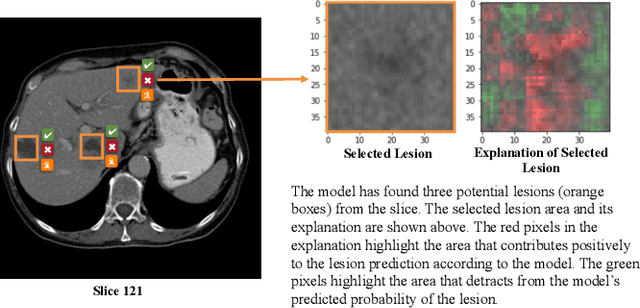
Abstract:Colorectal cancer (CRC) is the third most common cancer and the second leading cause of cancer-related deaths worldwide. Most CRC deaths are the result of progression of metastases. The assessment of metastases is done using the RECIST criterion, which is time consuming and subjective, as clinicians need to manually measure anatomical tumor sizes. AI has many successes in image object detection, but often suffers because the models used are not interpretable, leading to issues in trust and implementation in the clinical setting. We propose a framework for an AI-augmented system in which an interactive AI system assists clinicians in the metastasis assessment. We include model interpretability to give explanations of the reasoning of the underlying models.
Multi-Task Learning with Incomplete Data for Healthcare
Jul 06, 2018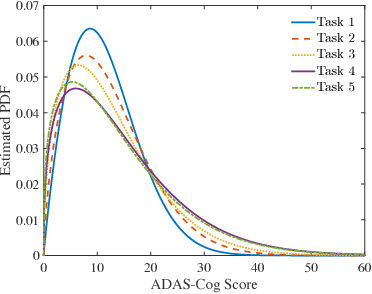

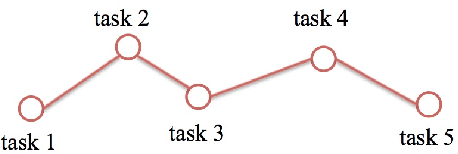
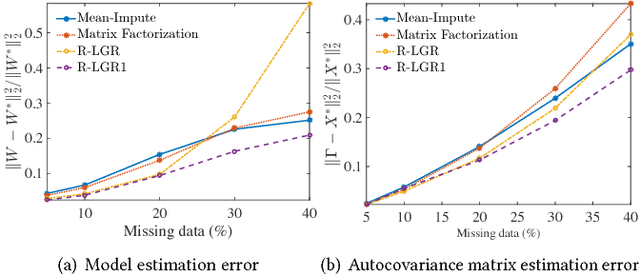
Abstract:Multi-task learning is a type of transfer learning that trains multiple tasks simultaneously and leverages the shared information between related tasks to improve the generalization performance. However, missing features in the input matrix is a much more difficult problem which needs to be carefully addressed. Removing records with missing values can significantly reduce the sample size, which is impractical for datasets with large percentage of missing values. Popular imputation methods often distort the covariance structure of the data, which causes inaccurate inference. In this paper we propose using plug-in covariance matrix estimators to tackle the challenge of missing features. Specifically, we analyze the plug-in estimators under the framework of robust multi-task learning with LASSO and graph regularization, which captures the relatedness between tasks via graph regularization. We use the Alzheimer's disease progression dataset as an example to show how the proposed framework is effective for prediction and model estimation when missing data is present.
 Add to Chrome
Add to Chrome Add to Firefox
Add to Firefox Add to Edge
Add to Edge